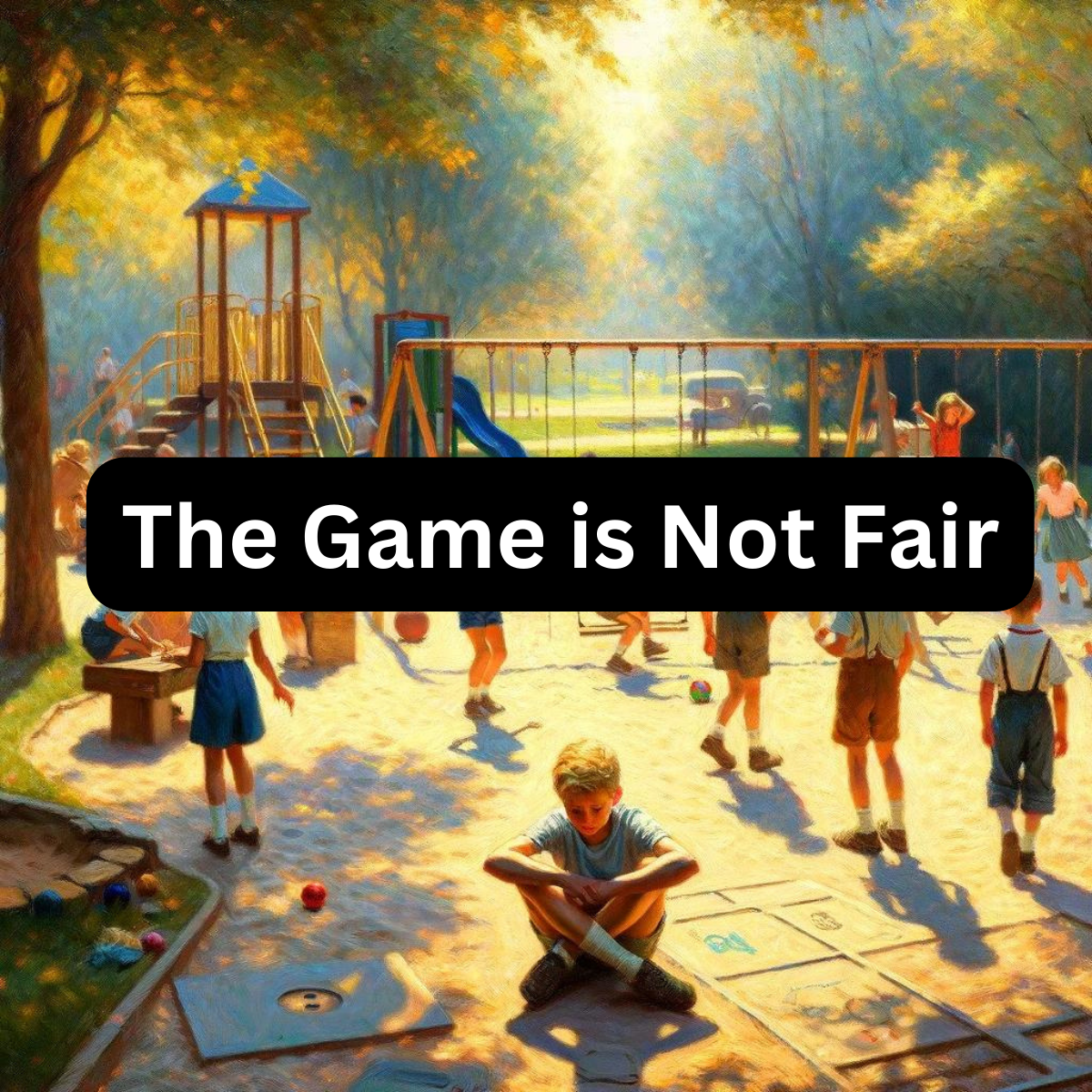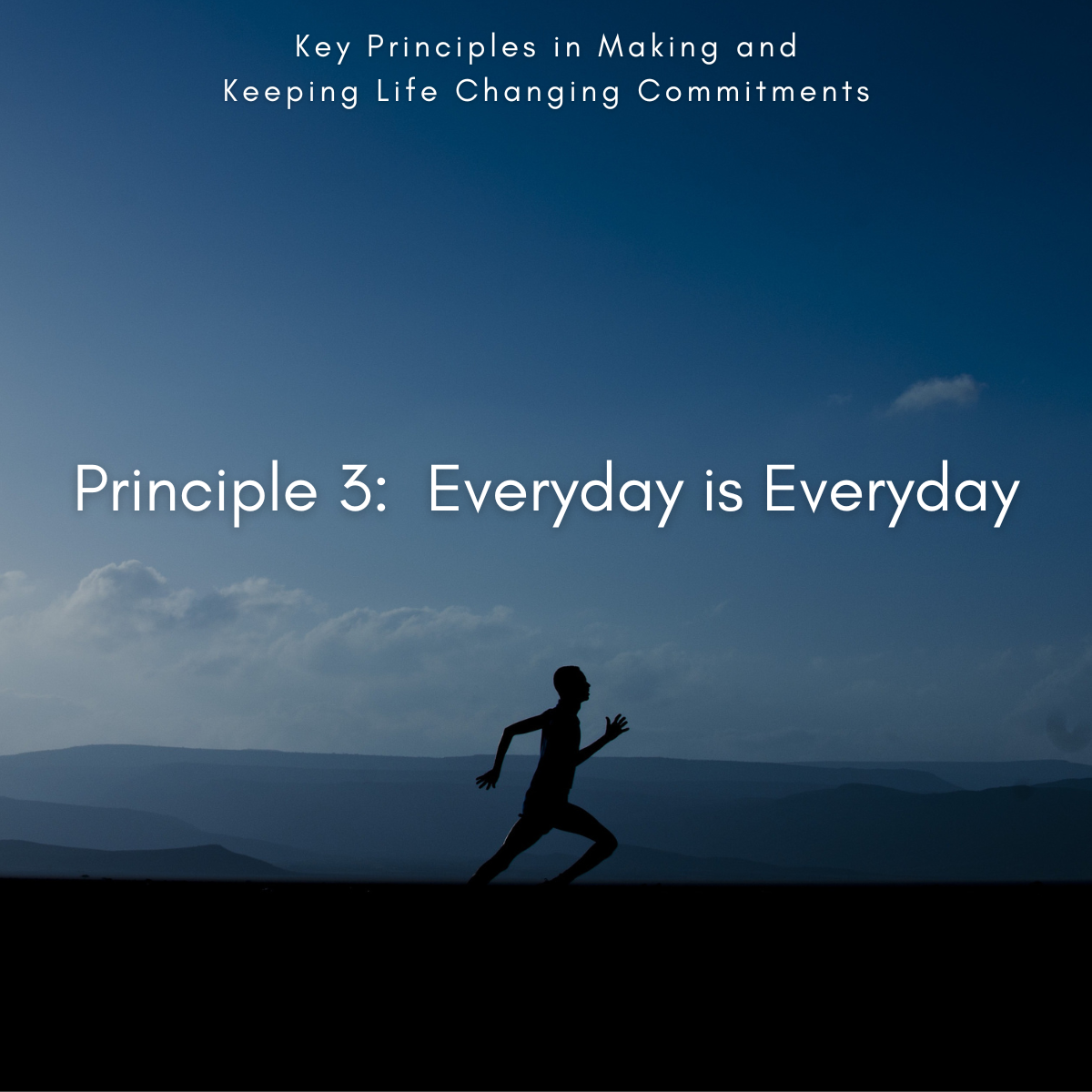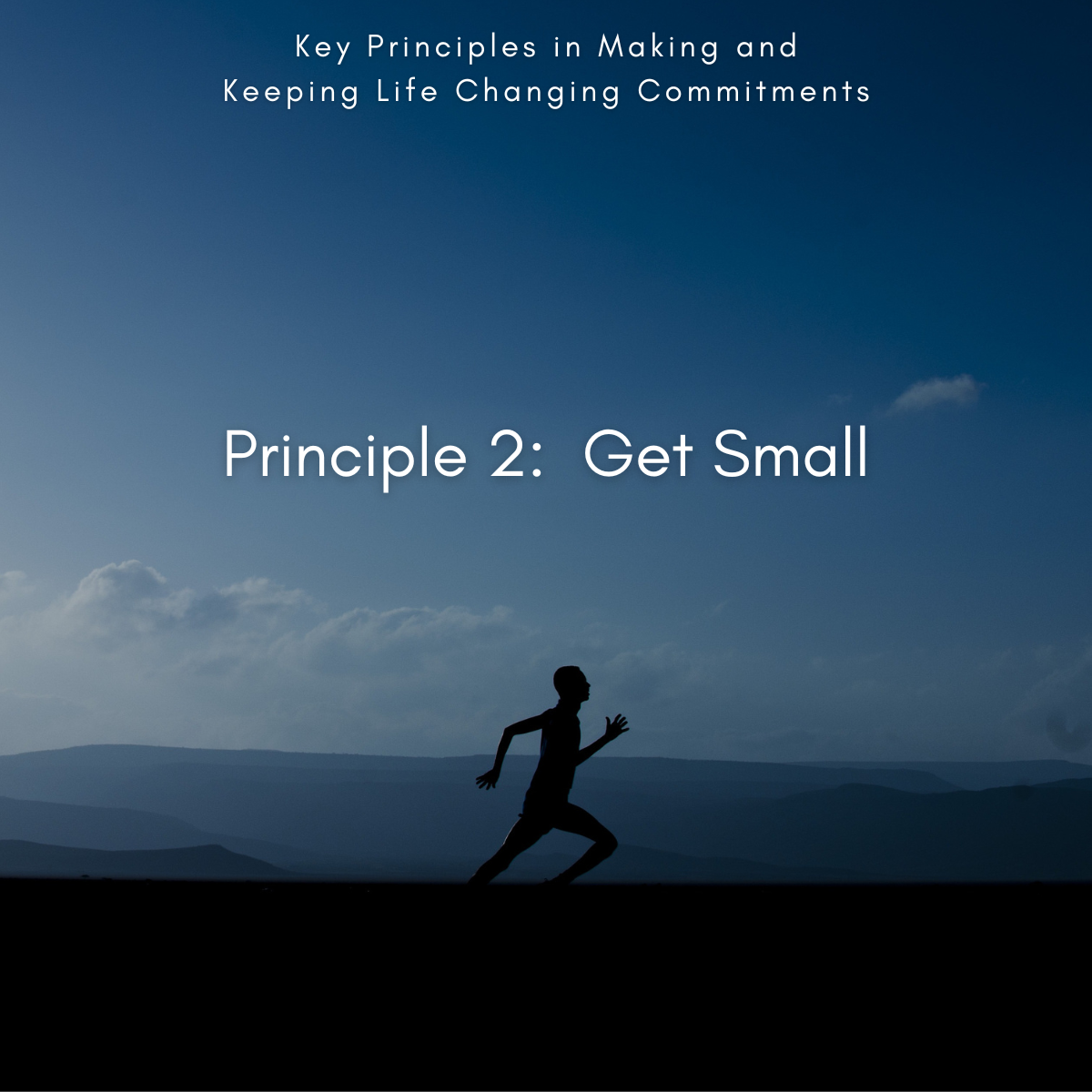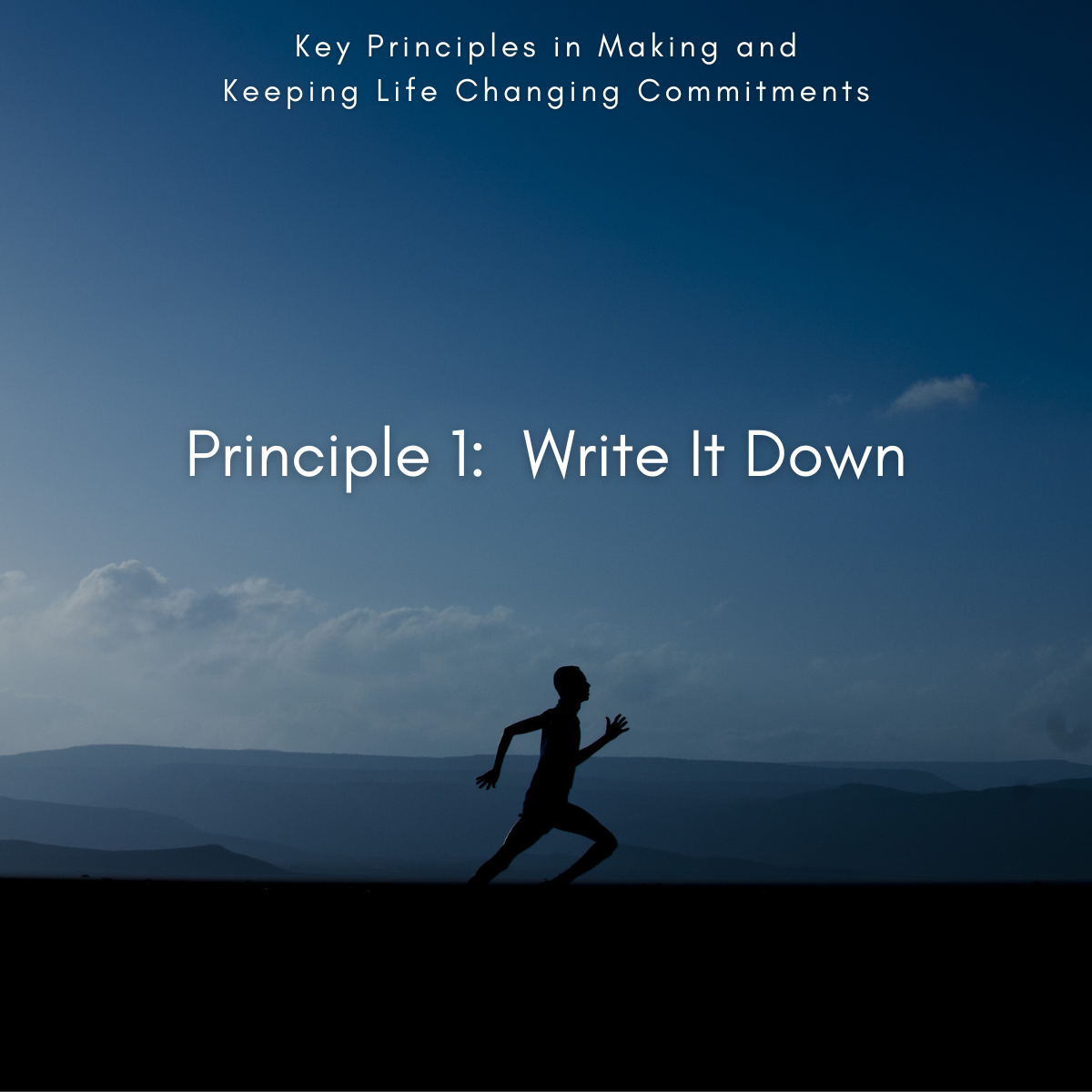The game is simply not fair. I recall a game from my elementary school days, crafted by some kids, that we played during recess. This game was undoubtedly rigged to favor a select few. There was a girl who often joined us, and she would become so frustrated with the game’s unfairness that she’d throw up her hands and exclaim, “This game is not fair!” She was absolutely right. The game wasn’t fair, and truthfully, no game in real life is completely fair.
The urge to make things fair, level the playing field, or call out injustice and demand extra consideration when outcomes don’t align with our expectations is strong. However, I often wonder about the pointlessness of such aspirations. Can true fairness ever be achieved? Is the idea of fairness an entirely unreachable goal? Speaking for myself, I can’t recall a single “fair” game during recess.
I have no issue with the idea of striving for fairness, believing that we should aim for it wherever possible. Yet, I can’t help but wonder if our efforts to promote fairness end up creating new forms of unfairness. Ayn Rand, known for her philosophy of Objectivism, has faced her share of criticism. However, taking a closer look at her ideas reveals a certain logic. She argued that everyone is ultimately seeking their own happiness, suggesting that those who design the game or modify the rules will inevitably shape them to their advantage.
Choosing games or modifying rules isn’t always about direct benefits. Take, for example, a child who picks tag for recess because they’re a fast runner. This choice strategically places them at an advantage. Watching my son at playtime, I noticed he often pushed for rule changes, crafting them so intricately that he could find and exploit loopholes. Such actions are deliberate. Yet, there’s also unfairness by omission – neglecting to mention or deliberately leaving out details that wouldn’t serve our advantage.
Recently, the terms diversity and equity have often been linked together in our society. While the definition of equity can be a contentious topic, for the sake of this discussion, let’s agree it means the condition of being fair. Achieving fairness or equity, then, requires action to “make it fair.” It’s a fascinating concept to consider, especially in the context of childhood recess games. These games illustrate the challenge of fairness, as factors like complexity, background, skill levels, experience, disabilities, clothing, and more must be balanced. Indeed, the more diverse the group, the harder it becomes to achieve equity.
Most people, along with scientific research on various species, affirm that diversity significantly benefits life. Essentially, diversity strengthens us, enhances our resilience, and increases our adaptability. Differences challenge us, expand our perspectives, and compel us to adapt, thereby strengthening us both individually and as a species. However, as situations become more heterogeneous, the concept of fairness grows increasingly complex. I would argue that achieving absolute fairness becomes an impossibility, especially when considering the multidimensional nature of the human population.
When children come home upset about playground dynamics, the typical parental response often echoes what my parents used to say: “Life isn’t fair.” This phrase succinctly prepares us for the reality of interacting with a complex and diverse world, where everyone competes for resources, attention, and space. The lesson is clear: abandon the notion of absolute fairness and accept that life is filled with these challenges. Although my initial reaction to my children’s school complaints might be outrage, wanting to burn down the school (figuratively speaking) and demand accountability for an infraction against my child, I realize that wouldn’t truly benefit my children. Instead, embracing the lesson I learned in my youth—that the game of life is inherently unfair—is more valuable.
In our society, accommodations and assistance are provided to help those at a disadvantage, which could be seen as an effort toward fairness. However, these measures are rarely perfect or fully tailored to every unique situation. Instead, we do our best and navigate the challenges with the resources available to us or those we can obtain. This approach echoes Ayn Rand’s philosophy: ultimately, we are each responsible for our own happiness. According to Objectivism, if there’s an opportunity to leverage a rule to our benefit, we should seize it. Utilizing what we have to its fullest potential is encouraged. But does this align with fairness? That’s a difficult question to answer.
I recently overheard a debate among young people on a contentious issue in international politics. One argued for the rights of an individual, while the other highlighted the unfair treatment of others. Both presented logical arguments grounded in their values, focusing on unalienable rights and the fair pursuit of happiness. Yet, this encounter made me ponder whether an idealistic view of fairness might set us up for a lifetime of disappointment and frustration. We can spend our time lamenting the unfair obstacles that hinder our achievements, or we can accept that every system has its biases and simply engage with the challenges before us to the best of our abilities.
I’ve come to embrace the idea that I want my playground to be diverse, filled with challenges, and rich with rewarding experiences. As a result, I’ve accepted that no set of rules will ever be perfectly fair. And, in a moment of honesty, I must admit that I was the child who invented the game in elementary school that unjustly favored me.




